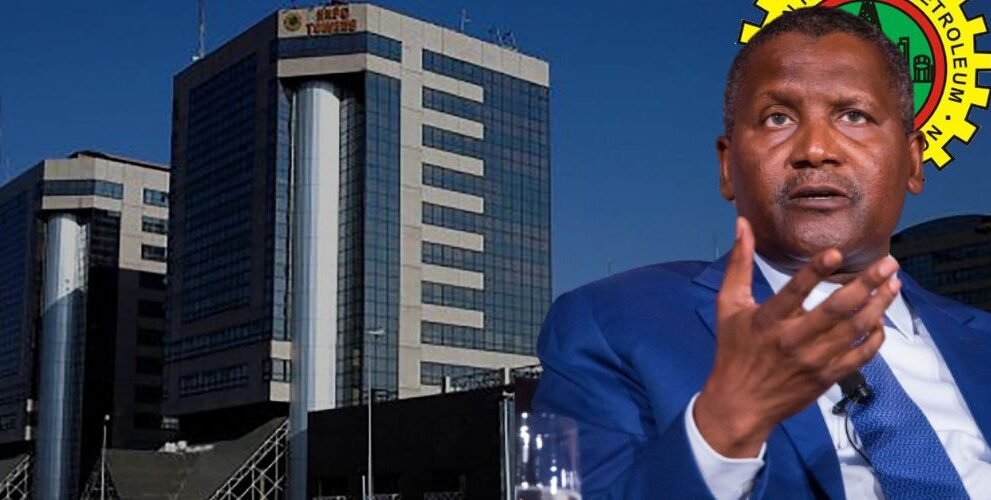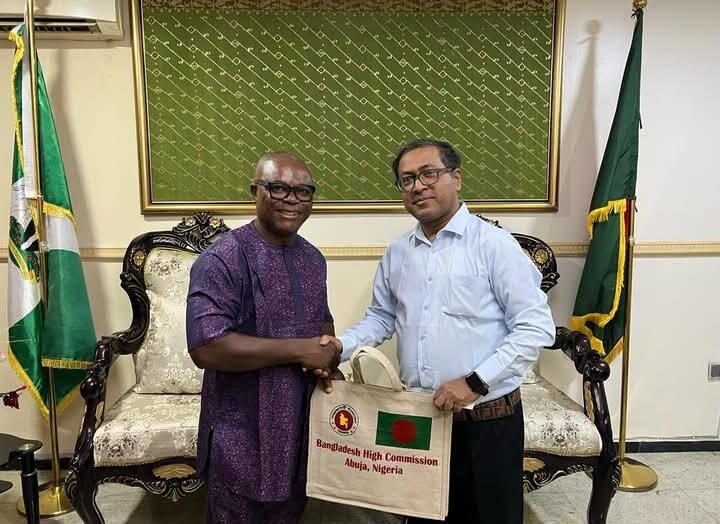NNPC AND DANGOTE GROUP STRENGTHEN PARTNERSHIP FOR NIGERIA’S ENERGY GROWTH
The Nigerian National Petroleum Company Limited (NNPC Limited) and Dangote Petroleum Refinery & Petrochemicals (DPRP) have reinforced their strategic partnership to enhance Nigeria’s energy security and drive national prosperity. This commitment was made during a courtesy visit by Alhaji Aliko Dangote, President and CEO of the Dangote Group, to NNPC’s Group Chief Executive Officer, Mr. Bashir Bayo Ojulari, at the NNPC Towers on May 8, 2025. Dangote emphasized that there is no rivalry between their organizations, stating, “There is no competition between us, we are not here to compete with NNPC Ltd. NNPC is part and parcel of our business and we are also part of NNPC. This is an era of co-operation between the two organizations.” He congratulated the NNPC GCEO and senior management team on their appointments, expressing confidence in their ability to shoulder the enormous task ahead. In response, Ojulari assured Dangote of a mutually beneficial partnership anchored on healthy competition and productive collaboration. “NNPC will sustain its collaboration with the Dangote Group, especially where there is commercial advantage for Nigeria,” he said. Ojulari highlighted the exceptional caliber of talent within NNPC Ltd., describing the workforce as dedicated, highly skilled, and hardworking professionals committed to delivering value for Nigeria. Both executives committed to being relationship managers for their respective organizations, envisioning limitless opportunities through sustained productive collaboration and healthy competition. This partnership aims to strengthen Nigeria’s energy security, accelerate economic prosperity, and promote shared national prosperity.



































































































































































































































































































































































































































































































































































































































































































































































































































































































































































































































































































































































































































































































































































































































































































































































































































































































































































































